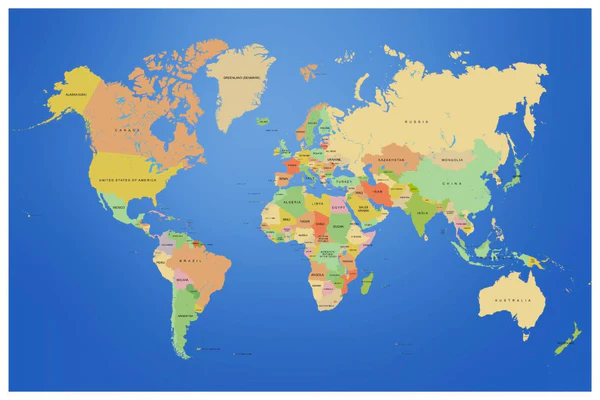How do historical, social, and economic factors shape the diverse political systems observed across different countries globally?
This analysis explores how historical, social, and economic factors shape the diversity of political systems worldwide. Historically, colonial legacies, path dependencies, and the evolution of political thought have left enduring impacts on institutional frameworks and territorial conflicts. Socially, political culture, identity cleavages, and interdisciplinary influences inform governance dynamics, while economic systems, development levels, and globalization reconfigure state sovereignty and policy-making. By examining these interconnected dimensions, comparative politics reveals the complex interplay of local and global forces driving political outcomes, offering critical insights into democratization, conflict, and integration in an interdependent world.
Historical, social, and economic factors play a crucial role in shaping the diverse political systems observed across different countries globally. Comparative politics, as a field, aims to understand these similarities and differences between political systems.
Historical Factors:
- Colonial Legacy: The history of colonialism has significantly influenced the political landscape of many regions, particularly in South Asia. The institutions and political forms inherited from British rule, such as sovereignty, nation-states, borders, and political organisation, were often alien concepts imposed on the region. These impositions have sometimes led to conflicts and hindered regional integration. The artificial borders drawn by colonisers, disregarding socio-cultural, linguistic, and religious complexities, continue to be a root cause of territorial disputes.
- Evolution of Political Thought: Understanding political systems requires considering the time, place, and circumstances in which political theories evolved. Historical context is essential for interpreting the development of political institutions and behaviours.
- Path Dependence: Historical events and choices can create path dependencies, where early decisions shape future political developments, making certain trajectories more likely than others. For example, the early formation of specific state structures or the experience of particular types of political regimes can have long-lasting effects on a country's political system.
Social Factors:
- Political Culture: Social factors, such as political culture, which encompasses shared worldviews, values, and norms, significantly influence the operation of political systems. The cultural approach in comparative politics emphasises the historical and sociological context when comparing political systems, highlighting how shared ideas and values inform individual actions within groups like political parties and pressure groups. For instance, the level of respect for a head of state might differ between countries due to their general cultures.
- Social Structures and Institutions: Political systems are embedded within broader social systems. The structure and functioning of societies, including the presence and influence of interest groups, political parties, and other social organisations, shape the political process.
- Social Cleavages and Identities: Social divisions based on ethnicity, religion, language, and class can significantly impact the stability and nature of political systems. The way political systems address or fail to address these primordial identities can lead to conflict or integration. The rise of identity politics and social movements advocating for various social issues is a contemporary trend shaping political outcomes.
- Interdisciplinary Influences: Comparative politics draws on other social sciences like sociology, psychology, anthropology, and economics to understand political phenomena, recognising that political events are shaped by various societal factors.
Economic Factors:
- Economic Systems: The underlying economic system of a country, whether capitalist, socialist, or a mixed economy, significantly shapes its political system. The global entrenchment of capitalism and the rise of powerful transnational corporations have profound economic and political ramifications for states.
- Economic Development: Levels of economic development and patterns of economic inequality can influence political stability, the likelihood of democratisation, and the nature of state-society relations. Economic crises and disparities can lead to political dissent and demands for change.
- Globalisation: Economic globalisation, with its spatial reorganisation of production, interpenetration of industries, and spread of financial markets, increasingly affects domestic political and economic terrains. Countries are subject to external economic influences, and policy-making must occur within a context of international economic interdependence. Different perspectives exist on the extent and impact of economic globalisation on state sovereignty and domestic policies.
In conclusion, the diverse political systems observed globally are a result of the complex interplay of historical legacies, prevailing social structures and cultures, and dominant economic arrangements, both domestic and international. Comparative politics seeks to understand these intricate relationships to provide a broader understanding of world politics.
References
References parsing not yet implemented.

Comments